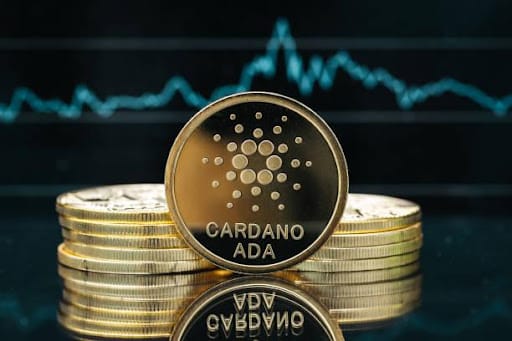An exchange-traded fund (ETF) is a basket of investment securities operating much like mutual funds. Usually, an ETF will keep track of a particular commodity, sector, index, or other assets. The main difference between ETFs and mutual funds is that ETFs can be traded on stock exchanges just like other ordinary stocks, while mutual funds cannot.
An exchange-traded fund can be structured to track anything from a diverse pool of securities to an individual stock price. It is also possible to structure an ETF to keep track of a particular investment strategy, making it essential in ethical investing. Also, unlike stocks that hold only one asset, an ETF has several underlying assets.
Since many assets are under a single EFT, the fund can be used for diversification. Thousands of EFTs are available for investors in the United States, so finding an ETF that is right for you can take time and effort. However, this article provides various tricks and tips for choosing ETFs that fit your investment strategy or objective.
Know Your Investment Focus
It is essential to determine your investment focus before selecting a particular ETF. for instance; you can decide which asset class you want to invest in; you may invest in commodities, bonds, or even equities. Also, determine how a particular asset weighs your portfolio regarding ethical considerations or investment returns.
Also, when determining what a particular asset class constitutes in your portfolio, there are several strategy builders which you can try out. The next step when choosing ETFs is determining your diversification strategy.
You can then decide whether to capture specific market segments or spread your capital across certain asset classes. You can pay attention to a particular equity strategy, industry, or investment theme, such as ethical investing.
Select The Index and ETF
Since you already know your investment focus, it is time to select the index your ETF will track. The right index covers the largest market possible according to your investment objectives. Once you have chosen the index or indices, find the available ETFs.
While you can select any index, there are certain things to keep in mind when doing so. You should know that the broader market indices are, the more diverse they are. Also, the more an index majors on a specific market, the riskier it is. And the more the equities index tracks, the more it represents the market.
ETF Selection Criteria
The ETF selection criteria are based solely on evaluation standards and objectives. These evaluation criteria are independent or dependent on your personal preferences or situations, for instance, choosing ETFs based on the charges. Below are some assessment criteria that apply to every investor when choosing ETFs.
● The Ongoing ETF Charges
One of the most significant benefits of investing in ETFs is their low costs compared to other investments. However, there appears to be a slight difference in costs within the ETFs themselves, so it is critical to pay attention to the difference between them. You can determine its expense ratio to estimate the annual fees you will likely pay on such ETFs.
● The Size of the Fund
The profitability of an ETF is greatly determined by its volume. Therefore, when choosing ETFs, it is advisable to invest in those whose asset under management is around $ 100 million or more. Beyond this fund size, the ETF is profitable enough and, therefore, free from liquidation.
● The Track Record of the Fund
When comparing the ETF’s performance, it is advisable to gather data from more than one year for reliability. When determining whether the fund has built a good track record, it is also advisable to invest in funds that are more than a year old to guarantee yourself that it is a long-term investment.
● The Sustainability of The ETF
Sustainability is one of the subjective criteria for choosing ETFs; in this case, an investor can decide to invest in companies that meet specific ESG or sustainability standards; categorically, most of these funds fall under ethical ETFs. Therefore, when selecting the index, ensure the orientation matches your values.
Summary
An exchange-traded fund (ETF) is a basket of investment securities operating much like mutual funds. Usually, an ETF will keep track of a particular commodity, sector, index, or other assets. When choosing ETFs, it is essential to know your investment focus and your ETF selection criteria. Look at the ongoing ETF charges, the size of the fund, the track record, and the sustainability of the ETF.
Read Also: Ways to Get an Installment Loan with No Credit Check
